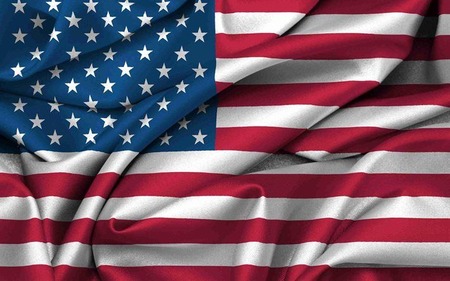
Artists, like anyone, can be deeply passionate about their beliefs, and sometimes those beliefs—especially political ones—are a core part of their identity. In some cases, an artist might choose to express political views, even if doing so risks alienating part of their fan base. This can happen for several reasons:
1. Belief in Responsibility and Influence
Many artists recognize that they have a platform and believe it comes with a responsibility to speak out on issues they care about, such as social justice, climate change, or human rights. For them, art is not just entertainment but a means to inspire change or start important conversations. They may feel it’s more important to stand by their values than to maintain commercial success or appease every fan.
2. Artistic Integrity
Some artists see their work as a reflection of their personal worldview, and their political opinions might be deeply intertwined with their art. To compromise on those views might feel inauthentic, or like selling out. The desire to stay true to oneself can outweigh concerns about alienating fans who don’t share those views.
3. Taking a Stand in a Divisive Time
Politics, especially in recent years, have become increasingly polarized, and some artists might feel that remaining silent or neutral is a form of complicity. For many, taking a clear stand on issues can feel like the right thing to do, even if it means losing part of their audience. It’s a way of aligning their public persona with their personal beliefs in a way that feels more meaningful.
4. Cultural Movements and Social Media
Social media has amplified the visibility of artists’ views and actions, allowing them to engage directly with their fans and broader movements. In this digital age, artists may feel more emboldened to express their political views because of the immediacy and scale of online engagement. At the same time, social media also allows for a more vocal and organized backlash, which can lead to a “cancel culture” effect, where some fans may reject the artist based on their views.
5. Audience Fragmentation
Many artists today cater to large, diverse audiences with a range of political views. However, some artists may accept the fact that their audience is not monolithic and may be okay with losing fans who don’t align with their politics, especially if they feel the new audience they are engaging with is more authentic or aligned with their values. This can be seen as a recalibration of their brand, focusing on supporters who share similar ideals.
6. Financial Independence and Freedom
Some artists are financially independent or in a position where they don’t rely on a broad, mainstream audience to sustain their career. In these cases, political expressions might feel less risky because they don’t need to worry as much about commercial support. These artists might embrace a more niche or ideologically specific fan base rather than catering to the masses.
7. Radicalization of Political Issues
In some instances, political issues have become more than just abstract ideas—they are seen as urgent, life-and-death matters, particularly when it comes to things like racial justice, gender equality, climate change, and human rights. If an artist views these issues as existential, they may feel compelled to take a strong stand, even at the risk of alienating fans who don’t agree.
8. Art as Protest
For certain artists, their art itself is an act of protest. They may see their work as a form of resistance to what they perceive as harmful or unjust political systems. In these cases, alienating part of the fan base might not only be an expected outcome but also an intentional part of their strategy to challenge the status quo.
9. Polarization of Society
In a time when political identities have become increasingly tied to personal identity, taking a political stand may be less about the specific issues involved and more about signaling solidarity with a broader ideological group. Some fans may see political views as a deal-breaker, and an artist may feel the need to take a stand regardless of potential fallout, knowing that political allegiance is increasingly becoming a line in the sand for many.
Conclusion:
At the end of the day, every artist has to weigh their personal beliefs and goals against the realities of their audience. Some may value artistic freedom and integrity more than commercial success, while others may feel that silence or compromise on political matters isn’t an option. Ultimately, while some fans may be alienated by these political expressions, many artists feel it is an essential part of their identity and work, and are willing to accept the consequences of their outspoken views.
